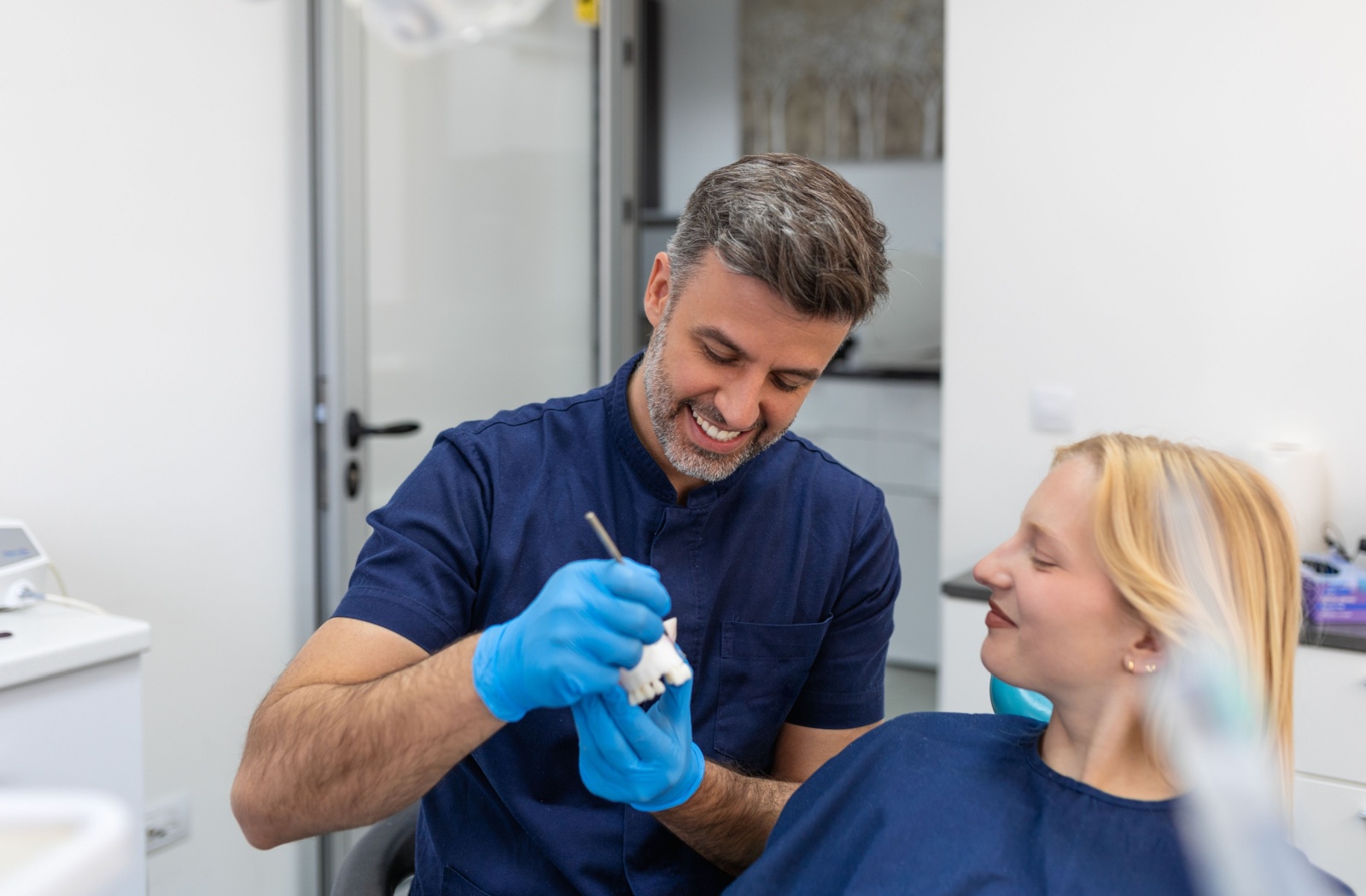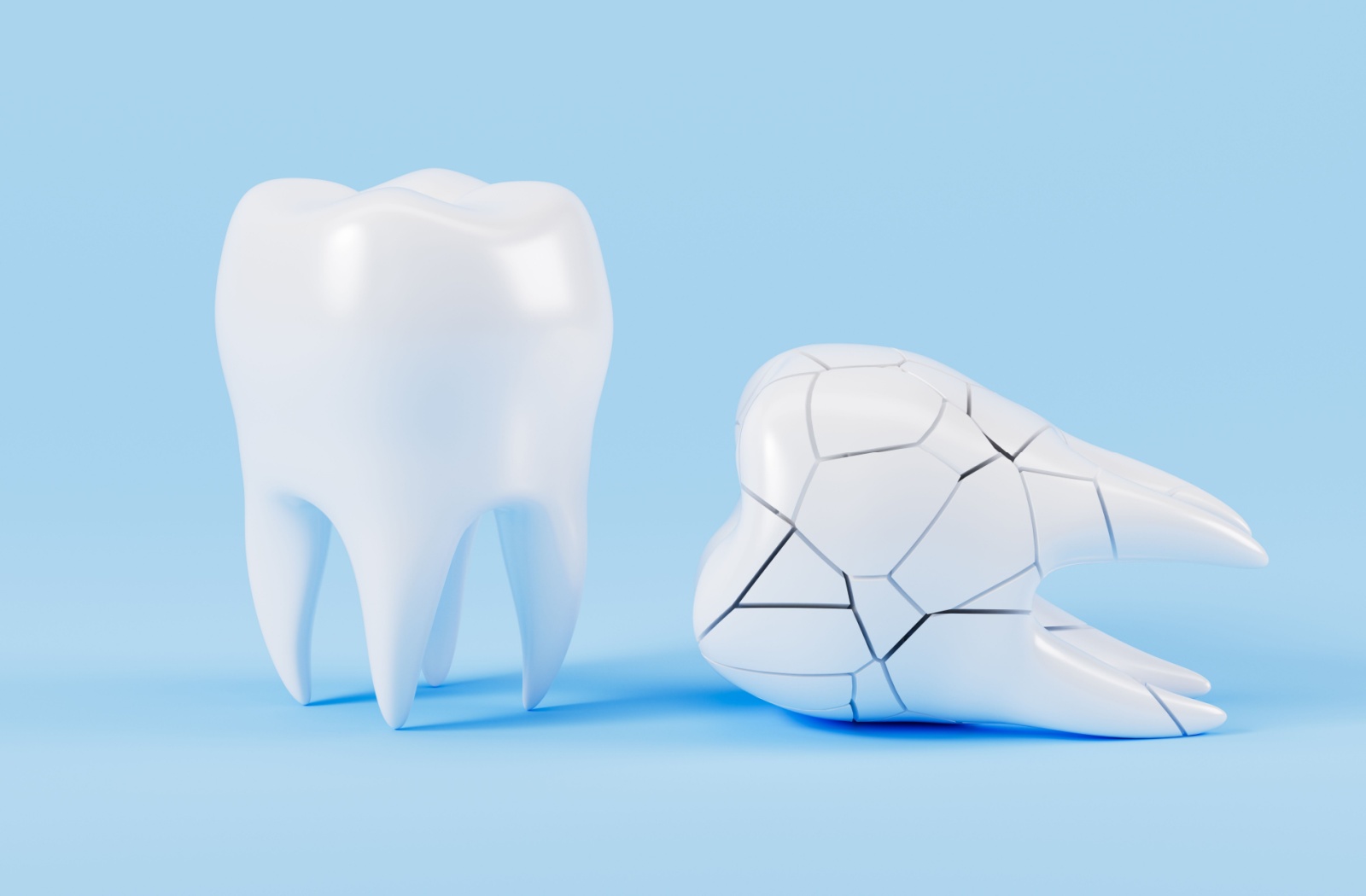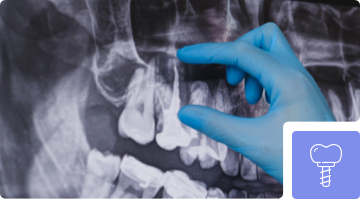
How Long Does a Filling Take?
A dental filling is a common procedure to fix a cavity. A typical dental filling is a common procedure that typically takes less than an hour. The exact time depends on several factors, including the size and location of your cavity and the type of filling material. Knowing what happens during your appointment can make…


















